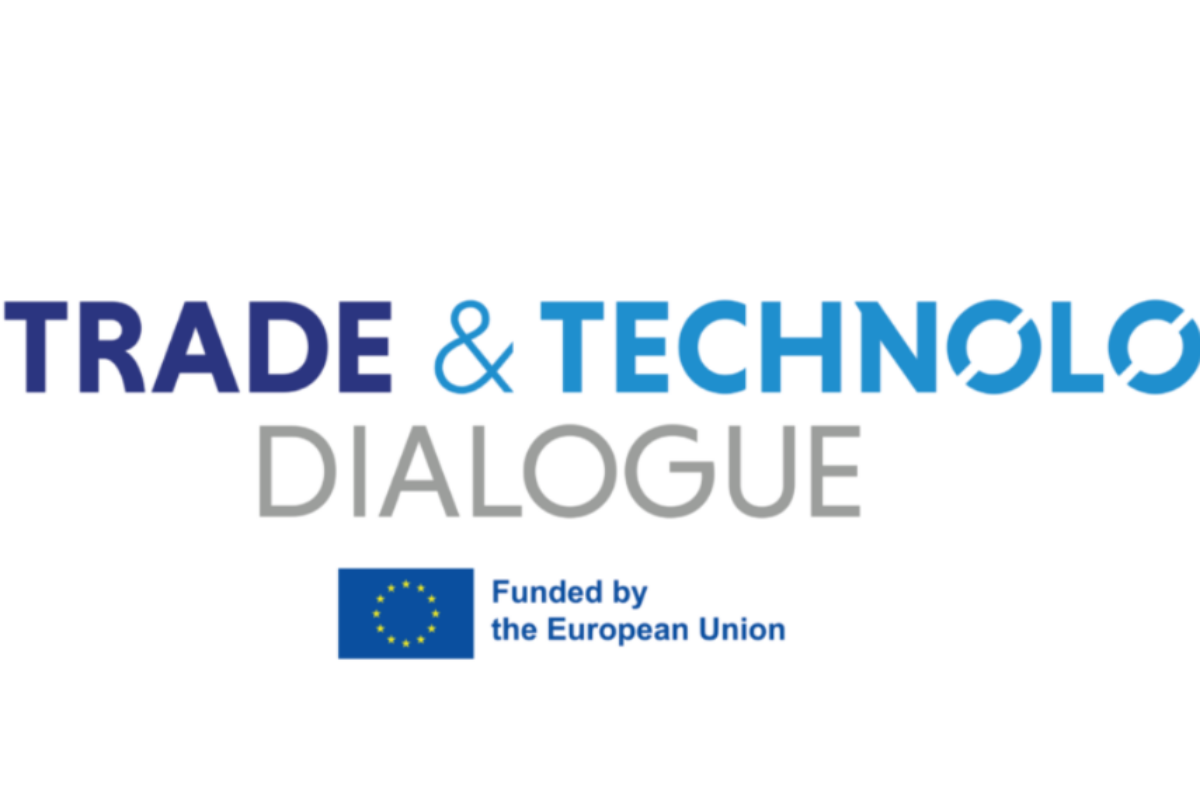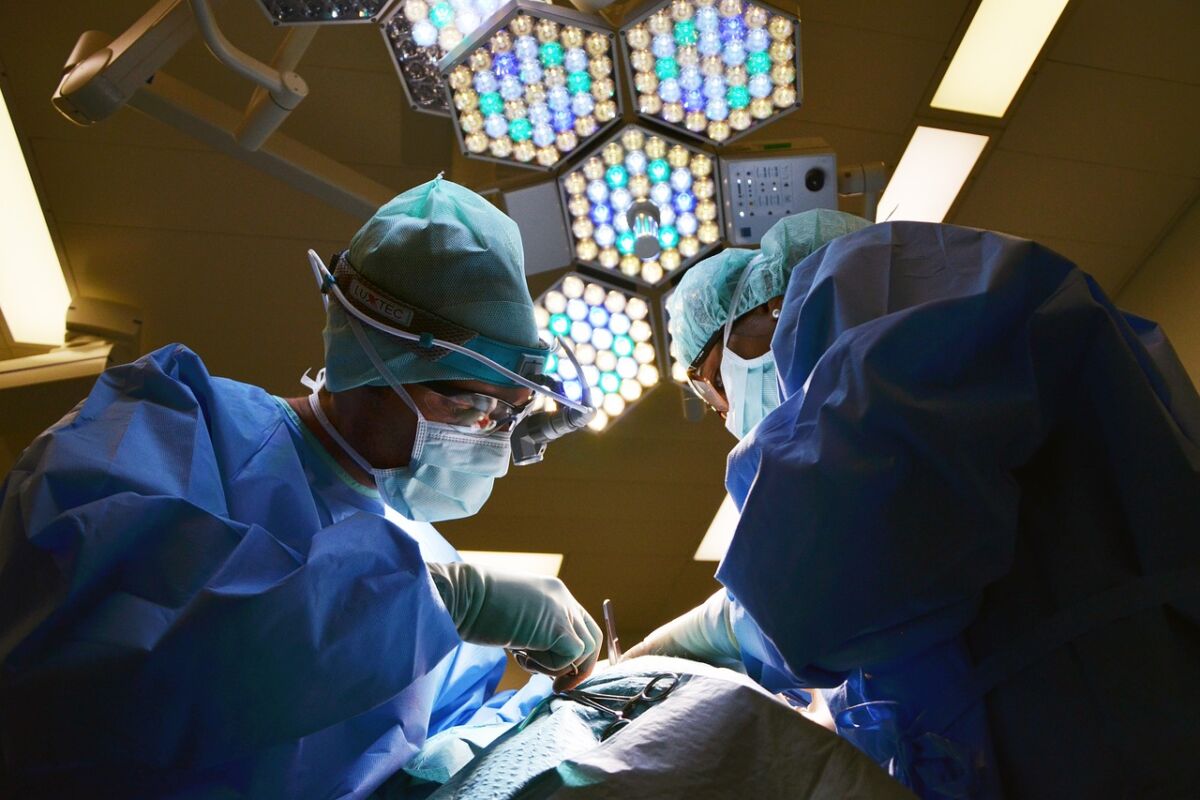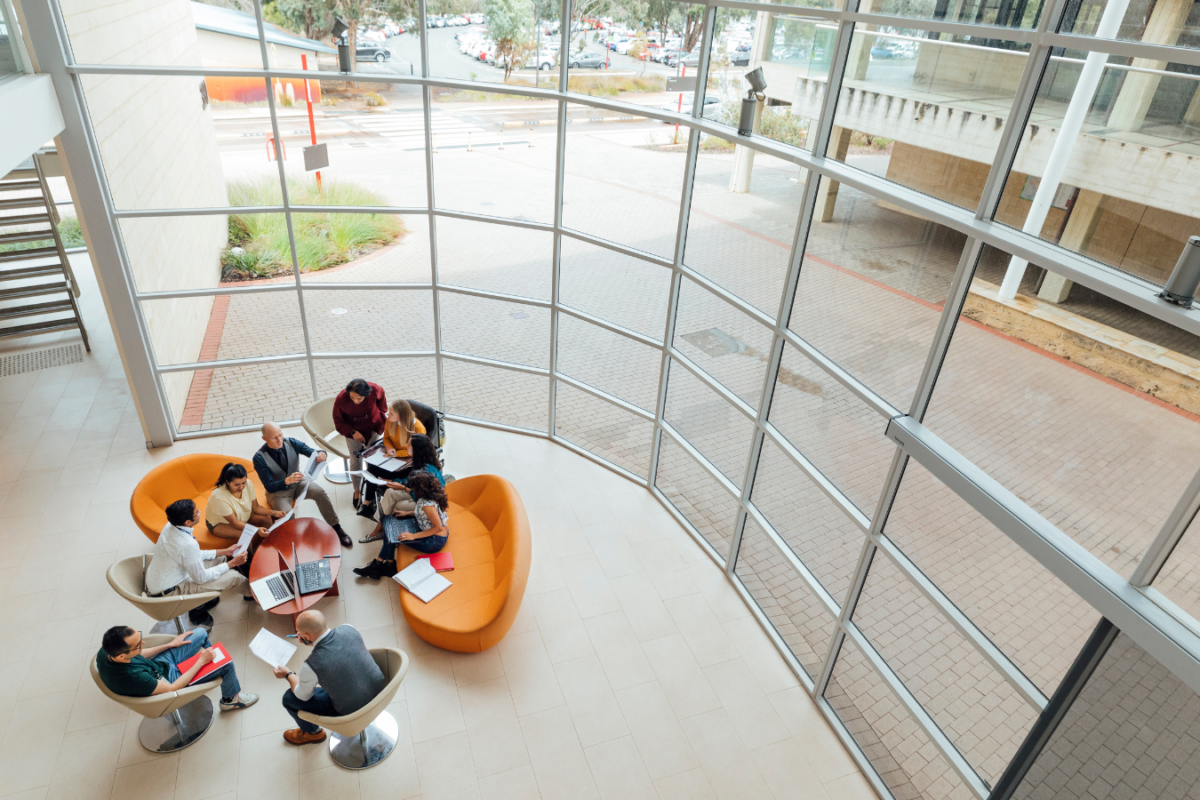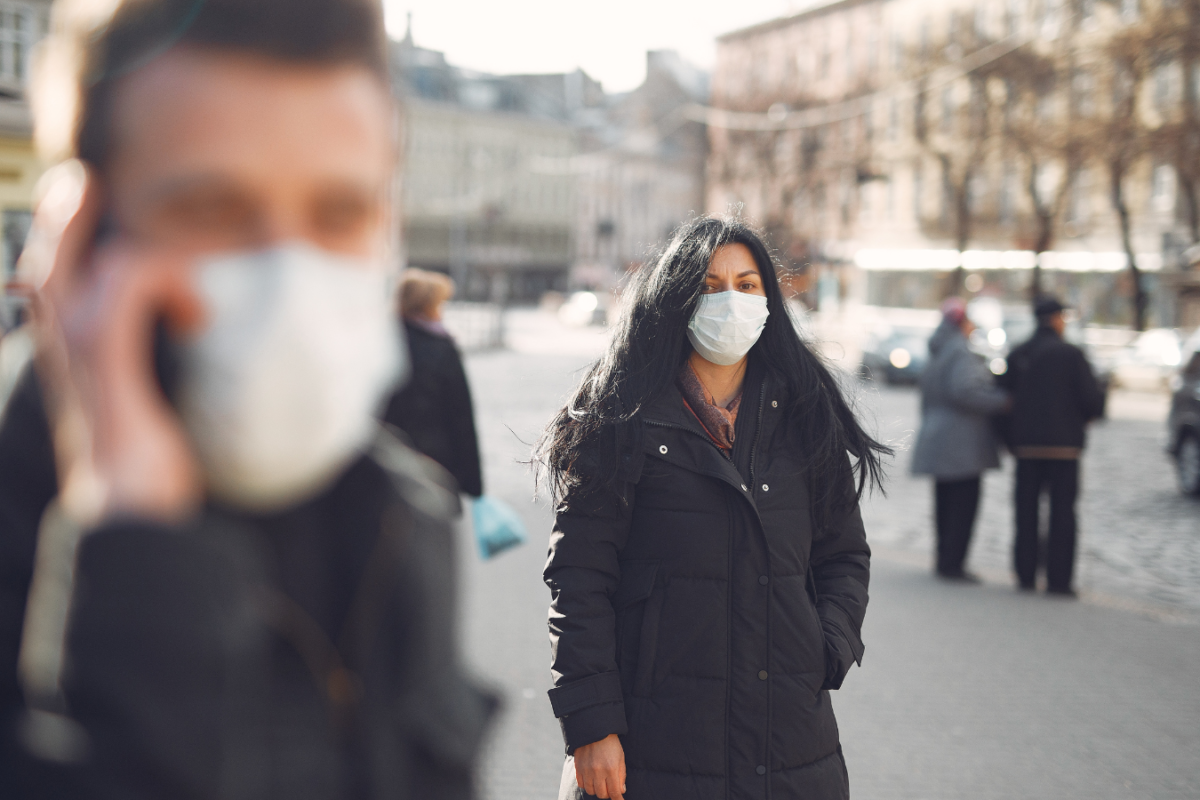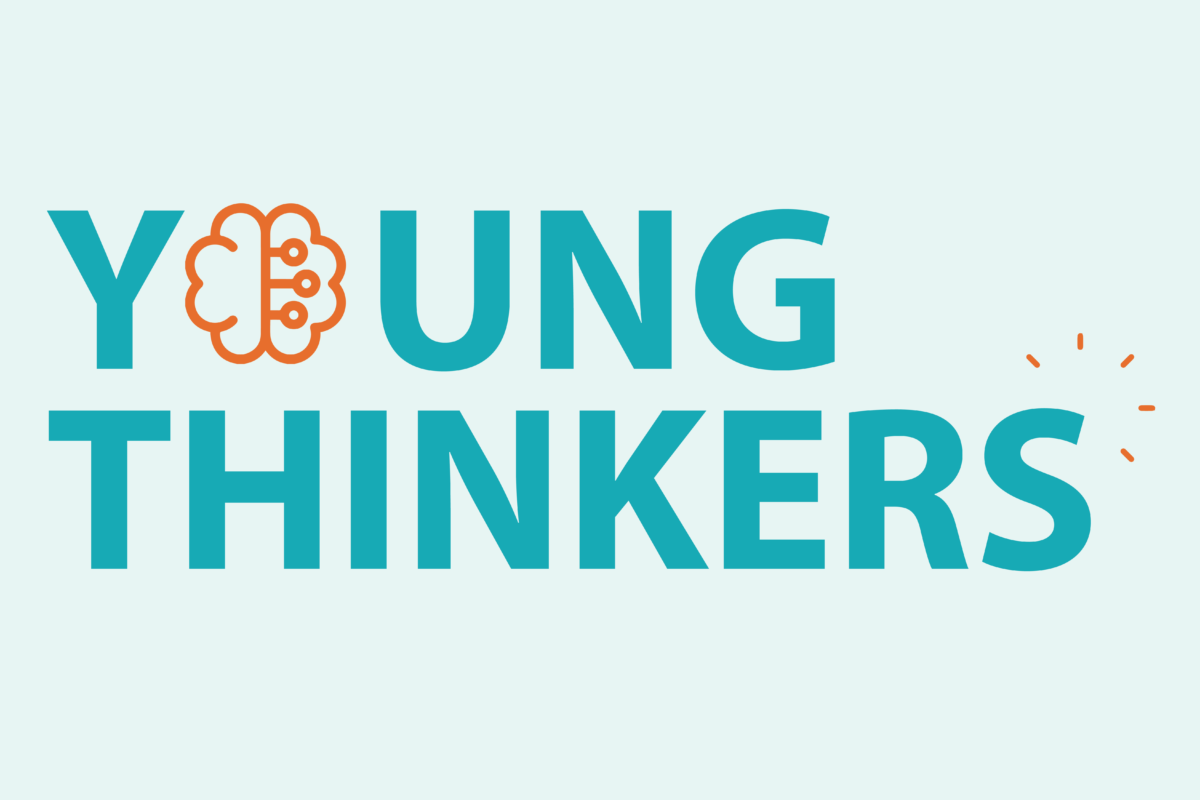The three-year project is aimed at enhancing CEPS research activities in the fields of research and innovation (R&I) policy, women’s health innovation, and the EU’s role in global health governance. The objective is to make substantial contributions to addressing global challenges, increasing the overall salience of these topics in the EU policy space, and promoting a deeper knowledge-sharing and collaboration between European and non-European stakeholders in particular with Low and Middle-Income Countries (LMICs).
The project is structured in two pillars: 1) activities related to R&I; 2) research on health policy and governance, focusing specifically on the European Health Emergency and Preparedness Authority (HERA) and its potential as a strong actor of global health. Promoting women’s health innovation, boosting cooperation with LMICs and mainstreaming gender are transversal themes. The project will feature a variety of innovative practices in terms of both research and the promotion of innovative ideas, including i.a. foresight workshops; a data-driven mapping of key outstanding questions in the domain of women’s health innovation; a new EU and Global Health Policy Observatory; a dedicated Gender Policy Task Force; initiatives to crowdsource ideas for removing barriers to health innovation in developing countries; and the promotion, through various initiatives, of a new approach in EU health and development policy, rooted in multi-stakeholder partner partnerships and challenge-driven initiatives blending various funding schemes.
Set to start in 2028, the EU tenth R&I Framework Programme FP10 is already at the centre of a lively debate in Brussels. This is also due to the fact that the current, very ambitious Horizon Europe program (FP9) has already shown a number of important limitations, not least significant challenges in building large-scale partnerships to tackle global public goods, and partnering with research institutions in LMICs. The project focuses on the extent to which current and future EU R&I instruments could be increasingly oriented towards addressing global challenges, in particular through large-scale collaborations and multi-stakeholder partnerships.
Announced and established in the midst of the COVID-19 pandemic, HERA started operating in 2022. Its original ambition is to combine actions both inside the EU (strengthen emergency preparedness and response inside the Union), and externally (reinforcing the global health emergency preparedness and response architecture). Despite this double mission, the first years of activities have shown very limited participation of HERA in international dialogues and forums, also due to the lack of dedicated financial resources. The project will accompany the ongoing evaluation of HERA, to relaunch the discussion on how to transform HERA into a true global player, thereby increasing global health security as a global public good, and strengthening the EU’s actorness in this domain.

























